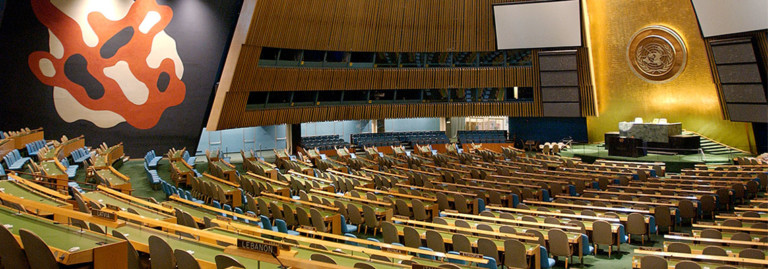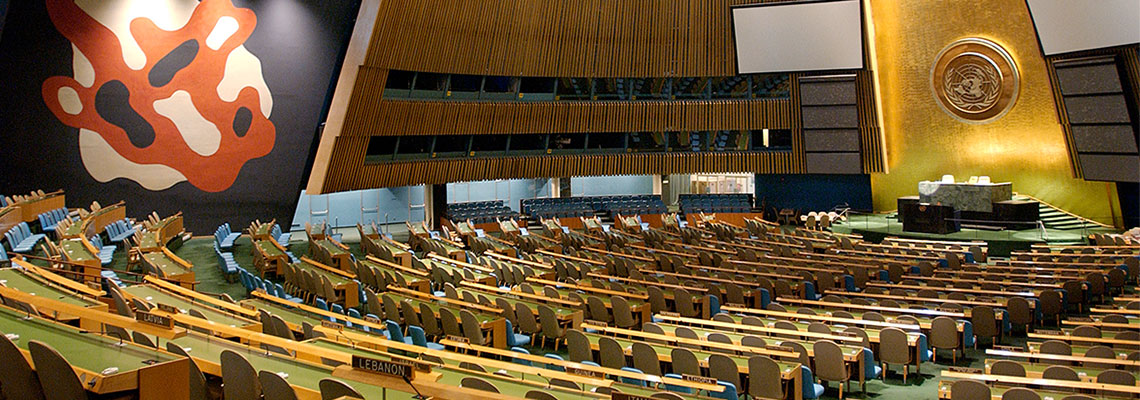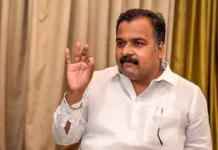
NEW DELHI: India has affirmed its strong support for TB cooperation plan in every aspect as agreed upon in the first High-Level Meeting of the UN General Assembly on Ending Tuberculosis and is committed to eradicate the disease by 2025, five years ahead of the global target, Union health minister J P Nadda has said. In his address at the 8th BRICS Health Ministers’ Meeting at Durban in South Africa, he said to improve healthcare, there is a need for increasing accessibility of affordable, quality, effective and safe drugs, vaccines and diagnostics for tuberculosis patients.
“I would like to state that India is committed to eliminating TB by 2025,” Nadda said. The Union health minister said that India today is more firmly committed to achieving Universal Health Coverage (UHC) as articulated in its National Health Policy. “India has fast-tracked many initiatives aimed at achieving all the core tenets of Universal Health Coverage, like strengthening health systems, improving access to free medicines and diagnostics and reducing catastrophic healthcare spending,” he said.
Nadda said to translate the vision of UHC, the government has recently announced the ambitious program called ‘Ayushman Bharat’ which is to be rolled out across India next month. “The program rests on the twin pillars of health and wellness centers for provision of comprehensive primary healthcare services, and National Health Protection Mission for secondary and tertiary care that aims to cover around 100 million families,” he said.
Highlighting the accomplishments of India in the health sector, the Union minister said India’s achievement in reducing the maternal mortality ratio (MMR) by 77 per cent, from 556 per 1,00,000 live births in 1990 to 130 per 1,00,000 live births in 2016, was commended by the Regional Director of WHO SEARO. Nadda shared India’s experience in containing Nipah outbreak in Kerala as he complimented the team for their untiring efforts and coordinated response for successful containment of the outbreak of the disease.
He said that the spate of recent global public health emergencies such as Ebola and Zika has highlighted the need for greater public health preparedness and coordinated response. “I would like to stress upon the importance of implementation of IHR (2005), strengthened surveillance, enhanced laboratory capacity and multi sectoral approach,” the Union minister said. PTI







